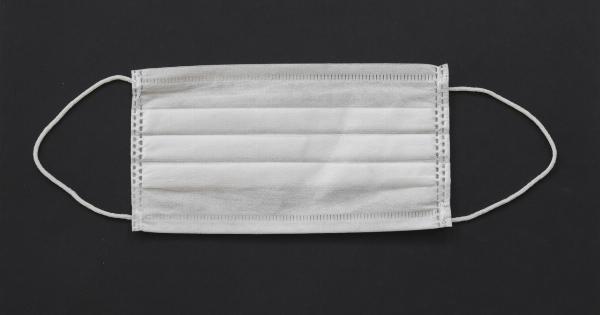As the temperature rises, so do the chances of experiencing several ENT problems that can be caused by warm weather. Here are ten of the most common ENT problems that people face during the summer season:.
Allergies
Warm weather can trigger allergic reactions due to the increase in pollen and other allergens in the air. Common symptoms of allergies include congestion, sneezing, and itchy, watery eyes.
People who suffer from allergies during the summer should avoid spending time outdoors during the peak pollen times and make sure to take their medication as prescribed.
Sinusitis
Sinusitis is a common ENT problem caused by inflammation of the sinuses. Symptoms include facial pain, pressure, and nasal congestion.
Warm weather can aggravate sinusitis symptoms, so it is important to avoid exposure to allergens and make sure to stay hydrated.
Otitis Externa
Otitis externa, commonly known as swimmer’s ear, is an infection of the outer ear canal that can be caused by too much moisture in the ear.
Warm weather can cause people to spend more time in the water, leading to increased risk of swimmer’s ear. It is important to dry your ears well after swimming and avoid using cotton swabs or other objects to clean your ears, as this can cause damage to the ear canal.
Sore Throat
Warm weather can lead to dehydration, which can cause a sore throat. In addition, spending time outside in the sun and wind can also dry out the throat and lead to irritation.
To prevent a sore throat, it is important to stay hydrated and avoid spending too much time in the sun.
Tonsillitis
Tonsillitis is an infection of the tonsils that can be caused by bacterial or viral infections. Warm weather can increase the risk of tonsillitis by allowing bacteria and viruses to spread more easily.
Symptoms include sore throat, fever, and difficulty swallowing. Treatment typically involves antibiotics and rest.
Deviated Septum
A deviated septum is a condition where the nasal septum (the bone and cartilage that separates the two nostrils) is crooked or off-center. This can cause difficulty breathing, nosebleeds, and an increased risk of sinus infections.
Warm weather can aggravate symptoms of a deviated septum, so it is important to see an ENT specialist to determine the best course of treatment.
Nosebleeds
Nosebleeds can be caused by dry air and hot temperatures, which can lead to dry, irritated nasal passages. To prevent nosebleeds, it is important to keep the nasal passages moist by using a saline nasal spray or humidifier.
Laryngitis
Laryngitis is inflammation of the voice box (larynx) that can be caused by viral or bacterial infections, overuse of the voice, or exposure to irritants such as smoke or allergens.
Warm weather can exacerbate symptoms of laryngitis by causing dehydration and irritation of the throat. Treatment typically involves resting the voice and staying hydrated.
Throat Infections
Throat infections can be caused by bacteria or viruses and can lead to sore throat, swelling, and difficulty swallowing. Warm weather can increase the risk of throat infections by allowing bacteria and viruses to spread more easily.
Treatment typically involves antibiotics and rest.
Ear Infections
Ear infections can be caused by bacterial or viral infections and can lead to pain, fever, and difficulty hearing. Warm weather can increase the risk of ear infections by allowing bacteria and viruses to thrive in humid environments.
It is important to keep the ears clean and dry and to avoid putting foreign objects in the ear canal.




























